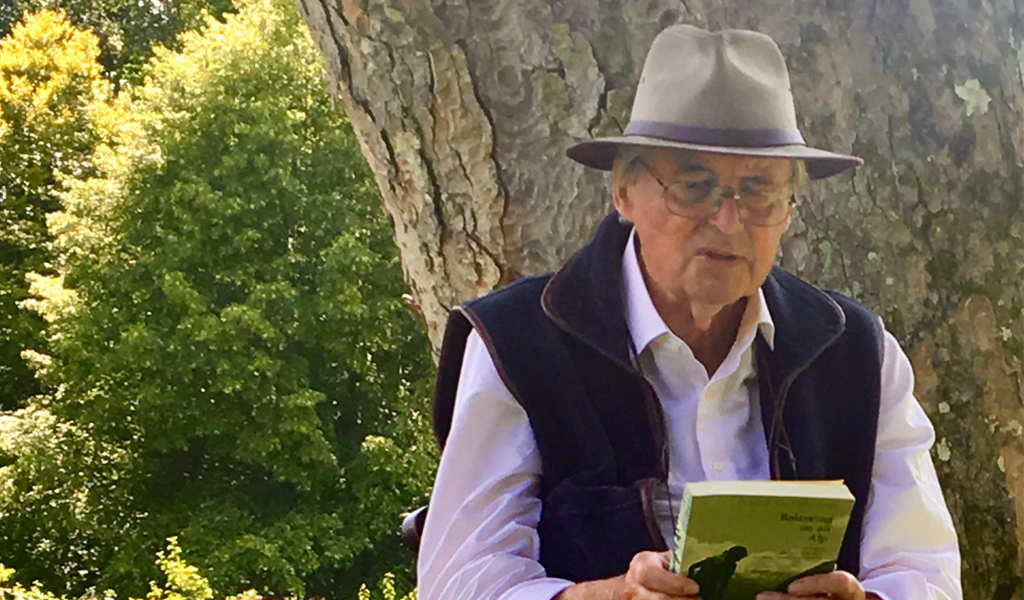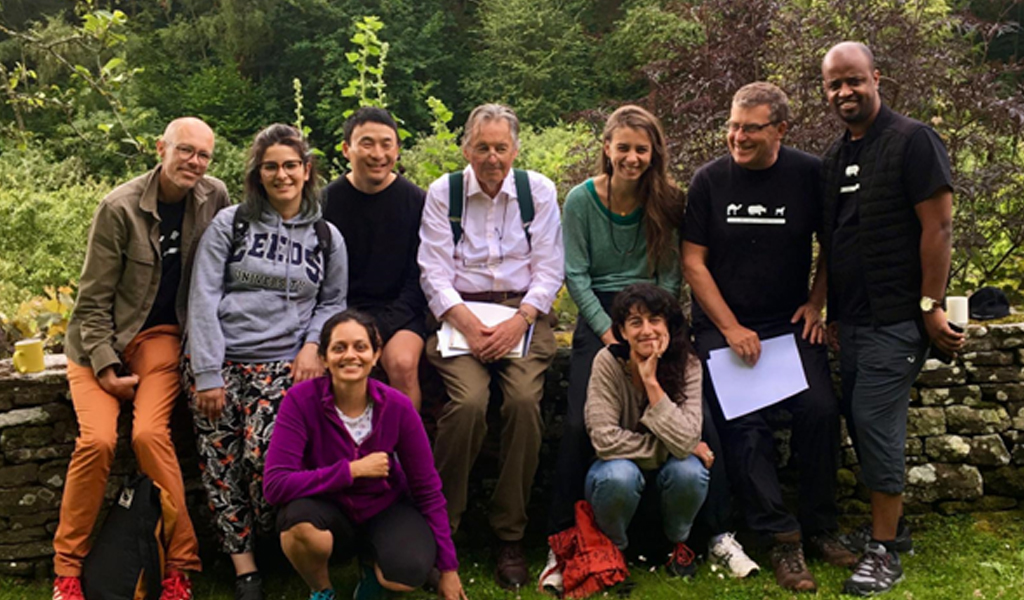Jeremy Swift, long-time IDS Fellow and pioneer of pastoralism studies, sadly passed away on the 22 December 2024.

Born on 28 May 1939, he studied Zoology and English (1958-1962) at Oxford for his undergraduate degree. He went on to work for IUCN (International Union for Conservation of Nature) between 1962 and 1965, then the United Nations Food and Agriculture Organisation (1965-69) as Project Officer in the Forestry Department. He was responsible for planning, negotiation and implementing FAO’s field programme in national parks, wildlife and resource conservation and management.
From 1970 to 1973 he did his PhD at Sussex in Development Economics at the Institute for the Study of International Organisation. He subsequently became a Fellow at the ISIO until 1977 and at IDS from 1978, where he led work on pastoralism, drought and questions of vulnerability in Mongolia, northern Kenya and west Africa. He supported the new IDS Environment Group from 1990, and was lead on the Sustainable Livelihoods programme in the mid-1990s. He retired in 2002 and from his base in Wales continued to engage with IDS and wider networks on themes of pastoralism and development until his death.
The forthcoming IDS Bulletin archive issue on environment and development (Leach and Scoones (eds.), Environmental change, development challenges – revisited, Volume 56.1A) is dedicated to Jeremy. The 2020 IDS Bulletin archive issue on pastoralism marked 50 years of Jeremy’s contributions to pastoralism, with the introduction drafted by a group of IDS-linked pastoralism scholars (see below).
Remembering Jeremy from Ian Scoones
Saverio Krätli, an IDS PhD alumnus who was supervised by Jeremy and who is now editor of the journal Nomadic Peoples, is compiling a series of short tributes to Jeremy for the journal. What follows is a version of the contribution from IDS Fellow, Ian Scoones:
I first met Jeremy in the mid-1980s while I was doing my PhD. I was clear I didn’t want to be a fisheries biologist like those in my ‘lab’ at Imperial. His work sounded much more interesting. My PhD gradually morphed from livestock population biology to something more akin to economic anthropology, and Jeremy ended up as the external examiner in 1990. He liked the thesis, except that I had misspelled ‘veterinary’ throughout (never again – each mistake had to be tipexed over and rewritten).
By that time, I was already working at IIED with the Drylands Programme and a few years later, I was Jeremy’s colleague at IDS as part of the nascent Environment Group. Fast forward to 2019, and I was still engaging with Jeremy, this time with a new generation of pastoralism-focused PhD scholars – the PASTRES project student cohort working in six countries across three continents. Jeremy attended their ‘research outline’ presentations at IDS and a few weeks later we headed to Wales to visit him and Camilla Swift.
 It was a wonderful couple of days. We discussed our favourite books on pastoralism in the garden (Jeremy chose Robert Netting’s Balancing on an Alp), visited Jeremy’s library (the students were in rapture) and began drafting a collective introduction to the 2020 IDS Bulletin archive issue on pastoralism. We also spent time with Jeremy’s shepherd neighbours whose challenges as pastoralists in Wales seemed so familiar to all of us, wherever we were working.
It was a wonderful couple of days. We discussed our favourite books on pastoralism in the garden (Jeremy chose Robert Netting’s Balancing on an Alp), visited Jeremy’s library (the students were in rapture) and began drafting a collective introduction to the 2020 IDS Bulletin archive issue on pastoralism. We also spent time with Jeremy’s shepherd neighbours whose challenges as pastoralists in Wales seemed so familiar to all of us, wherever we were working.
Pastoralism, sustainability, livelihoods were the keywords of Jeremy’s career, and they are of mine. I could not have had a better mentor over so many years.

